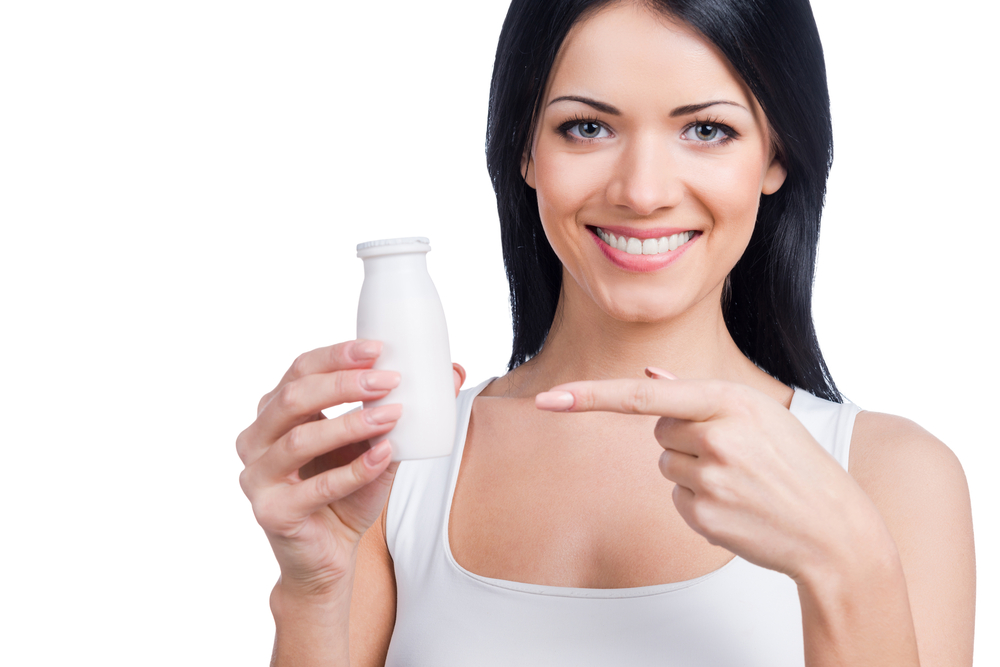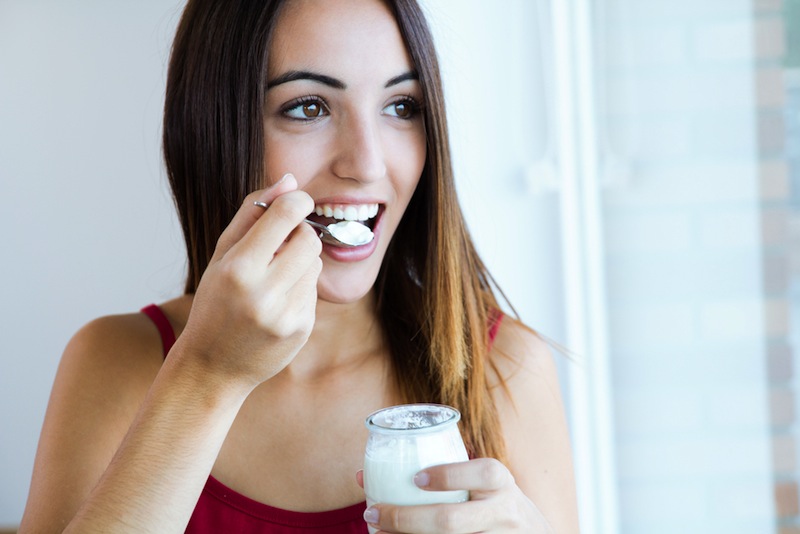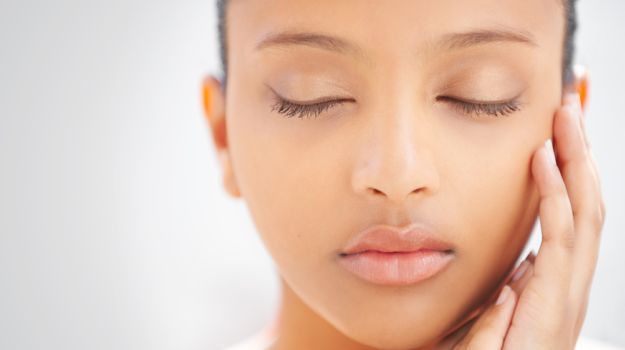
The latest buzzword in the industry, products rich in this healthy bacteria are being touted as the secret to healthy, radiant skin
Once known for its digestion and health benefits, Probiotics have now moved beyond the stomach, and is said to have many skin care benefits too. For the uninitiated, Probiotics is the friendly bacteria found in yoghurt, kimchi, pickle and other fermented foods. And similar to how it works internally, when combined in cosmetics it helps to increase the skin’s natural defences. As a result, one has less inflamed, healthier skin that can fight against the adverse effects of stress, pollution, dirt etc. This is specially beneficial for those suffering from conditions like Eczema and Dermatitis.
Acts as skin barrier
Dr Bharti Magoo, Aesthetician and Owner, Golden Touch Clinic says Probiotic products have been in use since many years. “It’s time-tested and it’s gaining momentum now. A lot of our new age products are probiotic-based. Fresh curd is made from milk and friendly bacteria or probiotic which is often used in face packs and is considered to be a good moisturiser for the skin. Essentially these are live bacterial cultures. We are hosts to them but in return they provide us with many benefits. They act as skin barriers. They balance out pH, sebum, hydrate the skin, and don’t allow harmful bacterias to attack. Cosmetics and dermal creams contain lysates, metabolites, peptides, lactic acid, hyaluronic acid, acetic acid and ceremide, They renew skin healing, reduce erythema as they have anti-microbial activity and counteract inflammation. Depending on the nature of the problem, the treatment is suggested. For sensitive skin, biofidobacterium longus is the bacteria, which will do the trick. For anti-ageing, we use staphyloccous thermophillis based serum,” she says.

Helps problematic skin
Probiotics are live bacteria which are helpful to the overall wellbeing of the body constitution. A strong immune system benefits all the organs of the body including the skin as it is in constant contact with good as well as bad bacteria, explains Dr Shefali Trasi Nerurkar, MD Skin, Consultant Dermatologist, Dr Trasi’s Clinic and La Piel. “Probiotic creams work on the principle that non-pathogenic microbes colonise and proliferate on the skin and so it does not allow the proliferation of pathogenic bacteria thus preventing infections. Both Eczema and Atopic Dermatitis are autoimmune conditions where it is necessary to build the good immunity of the skin so that it doesn’t complicate as bacterial infections. Hence, the moisturising properties of these creams as well as the property of maintaining the skin immunity help.”
More studies needed
Dr Soma Sarkar, Medical Director and Dermatologist, Skin Inn says Probiotic creams work by the fermentation method and produce antimicrobials. “It prevents the skin host bacteria from becoming pathogenic. It releases hyaluronic acid sphingoyelinase, which regulates the ceramide in the skin and the hyaluronic acid causes moisturisation. This is still a subject that needs to be explored completely,” she adds.

Good vs bad bacteria
Dr Vandana Punjabi, Consultant Dermatologist, Nanavati Super Specialty Hospital says, “It’s really all about the “good” bacteria cancelling out the “bad” bacteria which can cause illness, infection and even death. The bacteria that causes acne, for example, either irritates or blocks pores, causing breakouts. Allowing good bacteria to colonise the skin results in little armies of good bacteria fighting off the bad, and generally bringing balance to the skin,” adds Dr Punjabi.